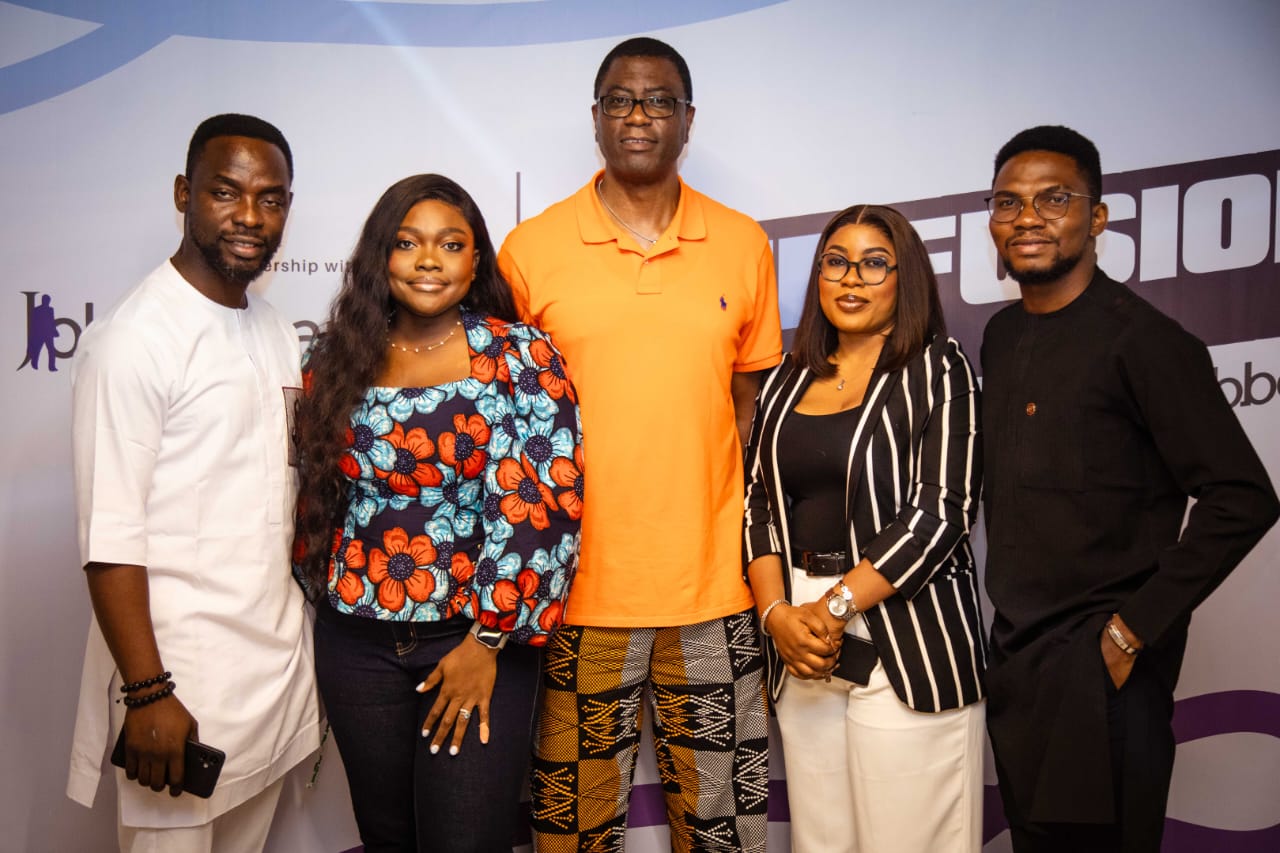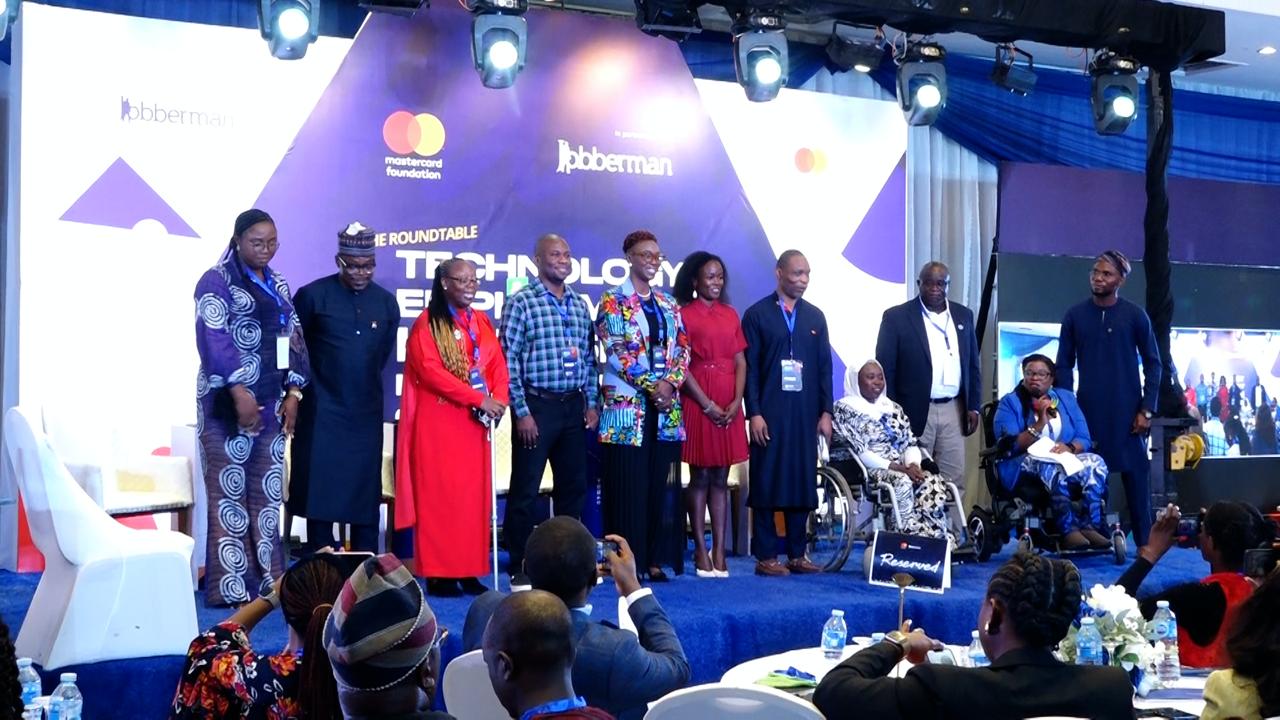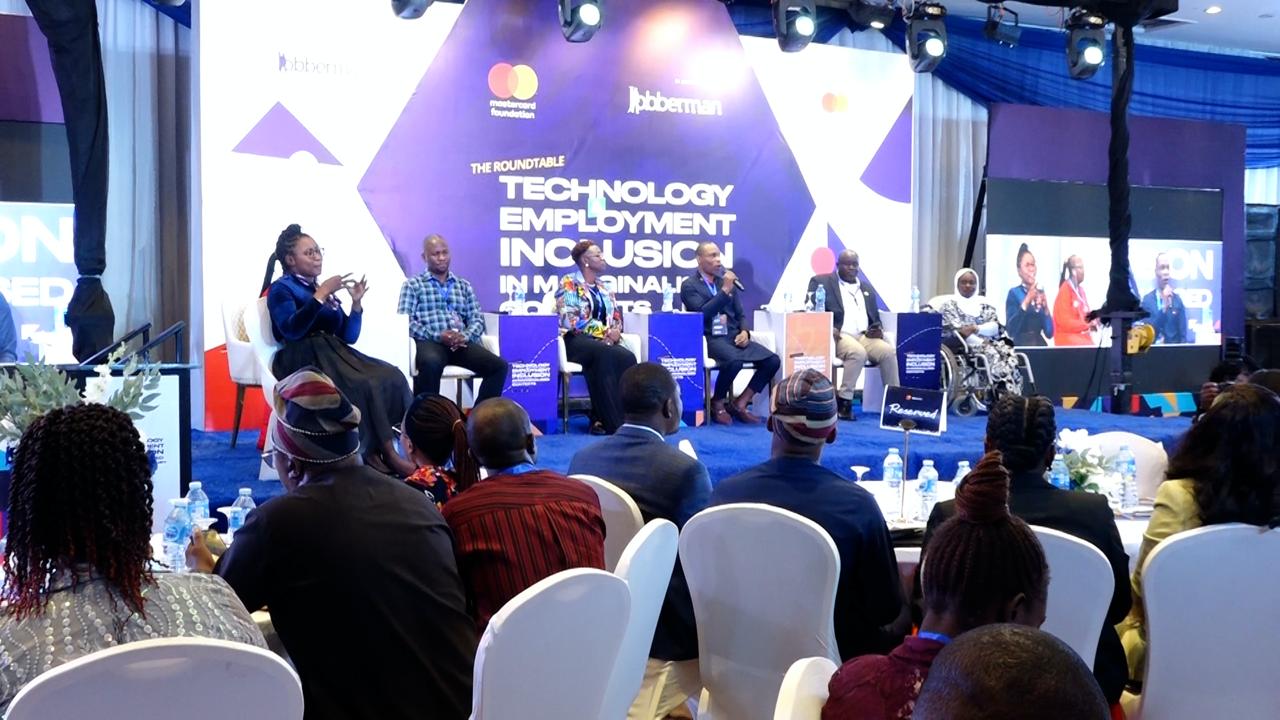HR: Jobberman, Mastercard foundation partner on talent acquisition, management
By Rukayat Moisemhe
Jobberman Nigeria, in partnership with the Mastercard Foundation, has championed discussions on strategic talent acquisition and management, employee retention, and workforce development.
They urged HR professionals to master strategies on talent acquisition and management to enhance business growth in Nigeria.
They said this at the Jobberman HR Fusion series on Friday in Lagos with the theme: “Effective Talent Management for Business Growth”.
The News Agency of Nigeria (NAN) reports that Jobberman’s HR fusion series is an exclusive programme tailored to connect recruiters, hiring managers, directors of large-scale corporations, and medium-sized business owners.
It serves as a space to explore sustainable HR strategies and spotlight emerging trends and innovative approaches that can drive organisational growth and development.
Mrs Samantha Ifezulike, Head, People and Culture, Jobberman Nigeria, noted that the event’s theme was both timely and essential as the human resource industry continued to adapt to new and evolving workplace realities.
She highlighted the importance of HR Fusion as a platform for innovative hiring practices, employee retention, and the future of HR in Nigeria.
Ifezulike said Jobberman’s partnership with Mastercard Foundation was not only spotlighting sustainable HR strategies, but also highlighting sustainable solutions like the its job centers.
She revealed that the organisation had established the job centres in 14 states, and its employees’ self-skilled training helped organisations view and perform at work and future ready stages.
“Just as important as the conversation on talent management is, the connections that we have to make are also important.
“In addition to offering fresh insights, the event also serves to introduce Jobberman’s no-cost employer services such as free job listings and access to trained talent across the country.
“It is part of its broader mission to improve dignified employment outcomes for young people, particularly women and persons with disabilities,” she said.
Mr Yemi Faseun, Chief Talent Officer, YF Talent Partners, emphasised the need for HR professionals to have a mindset shift in their roles for effective delivery.
He said the job of HR was to make sure that the line managers had the right leadership competencies to manage people.
Faseun asserted that the crux of human resources was to work with line managers in advisory capacity to manage people around the employee life cycle.
He also urged HR on their roles in bridging multigenerational gaps in the workplace in a Volatile Uncertain Complex and Ambiguous (VUCA) world.
“Bridging this multigenerational gap is by understanding the newer generations rather than labeling them.
“We must begin to deal with workplace issues from a leadership perspective and this is where HR comes in, in advisory capacity.
“HR must also understand that work culture has also become very important to manage talent and we must lead with trust, empathy, connectivity and love to connect workers with the organisation’s vision,” he said.
Mr Babajide Anjorin, Head, Marketing Jobberman, emphasised the need to foster an inclusive workplace for business success.
Anjorin stated that irrespective of physical condition or gender, as long as the required skills and competence that offered value to the organisation were in place, such person should be given a chance at employment.
He stressed that inclusion was very important to promote innovation, creativity, and good performance.
According to him, when everybody feels like a part of the system, they are more confident to be able to contribute and bring a lot of solutions to whatever the company is doing.
“So, irrespective of age, inclusion is very key and we must create a culture where everyone thrives.
“As HR professionals, we must build an environment where young women are present, feel safe and empowered,” he said.
NAN reports that Jobberman is Nigeria’s leading recruitment and career development company that connects qualified candidates to right opportunities, empowering businesses to thrive and individuals to succeed in meaningful careers.(NAN)(www.nannews.ng)
Edited by Ismail Abdulaziz






